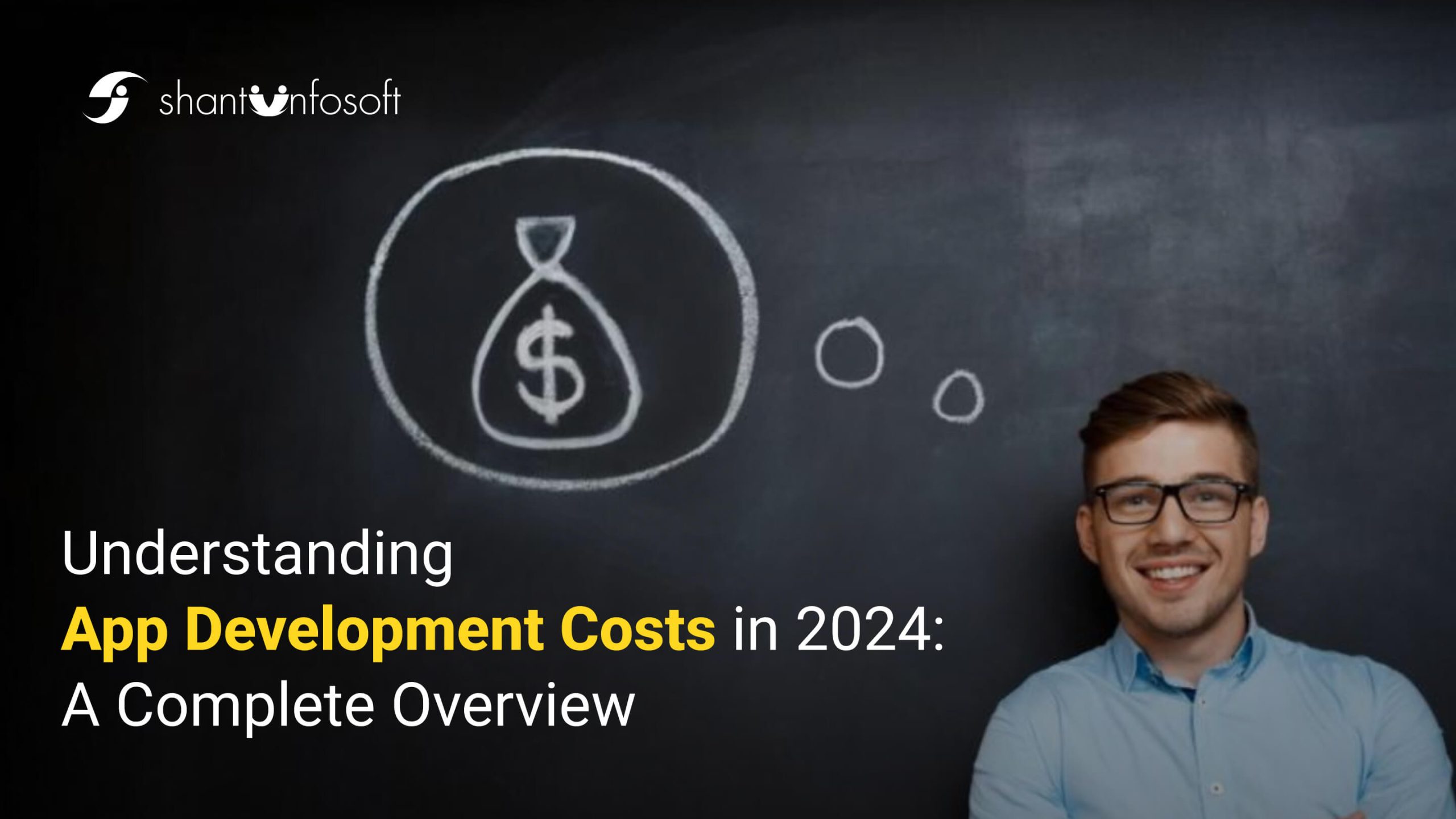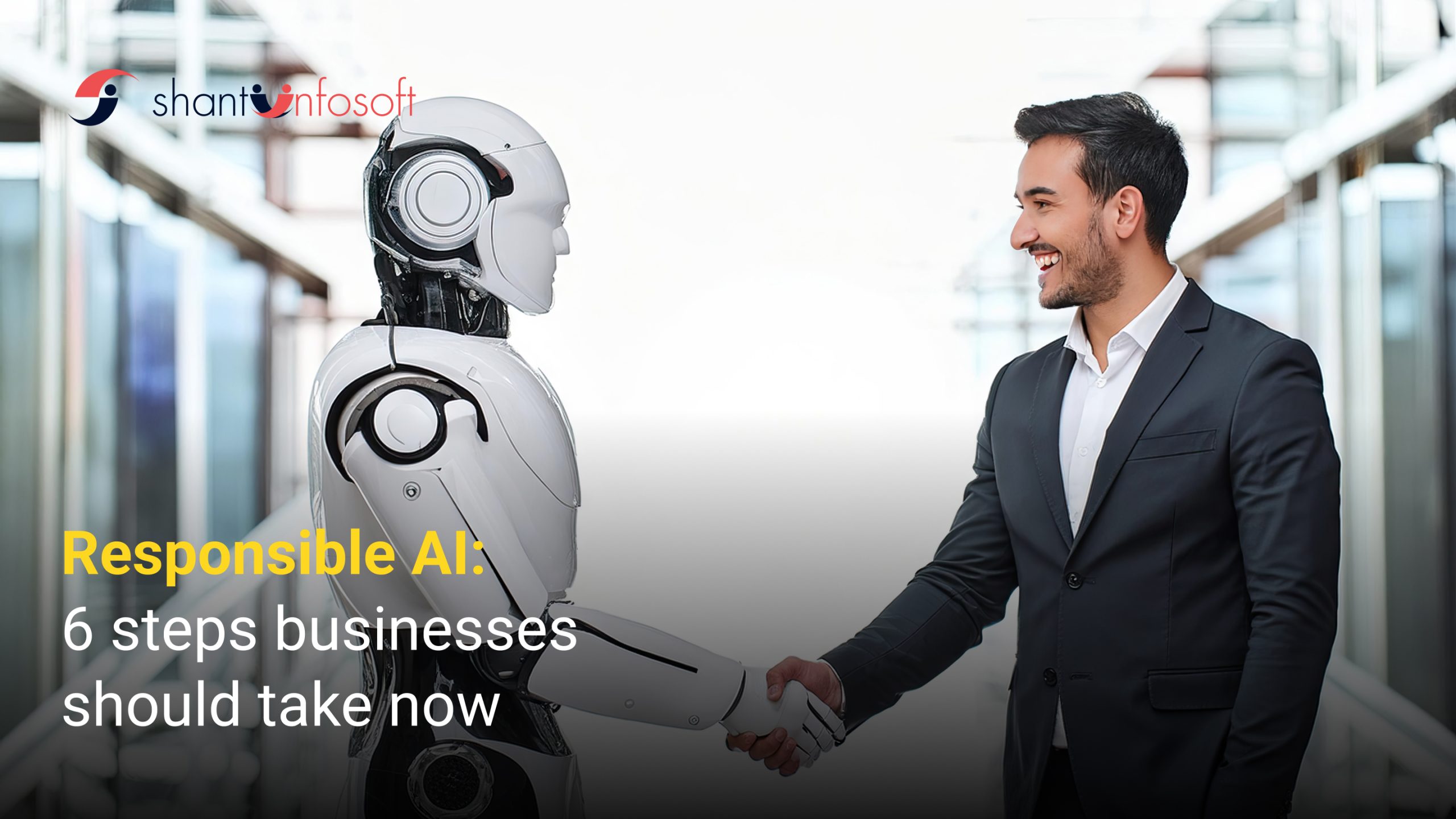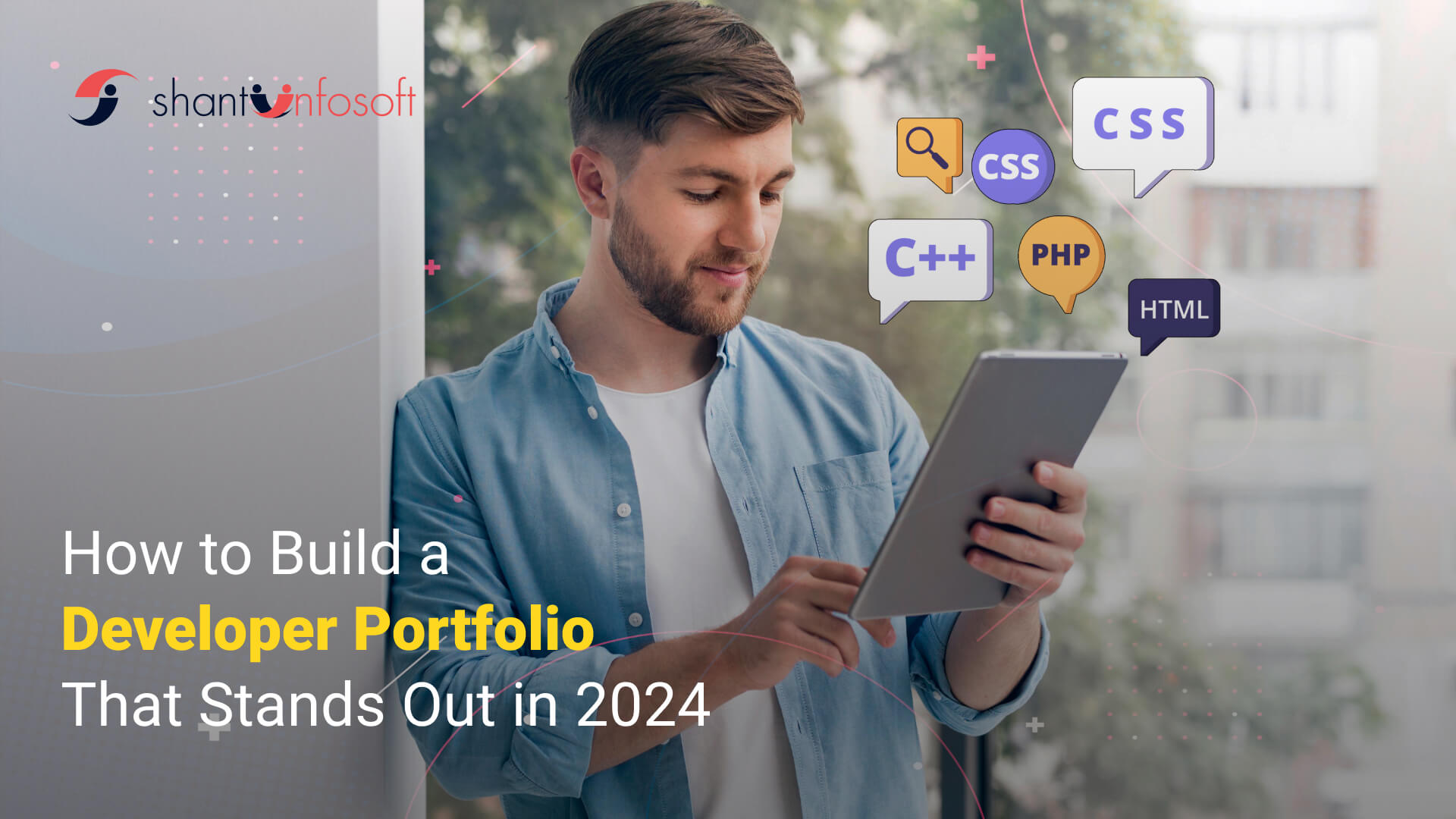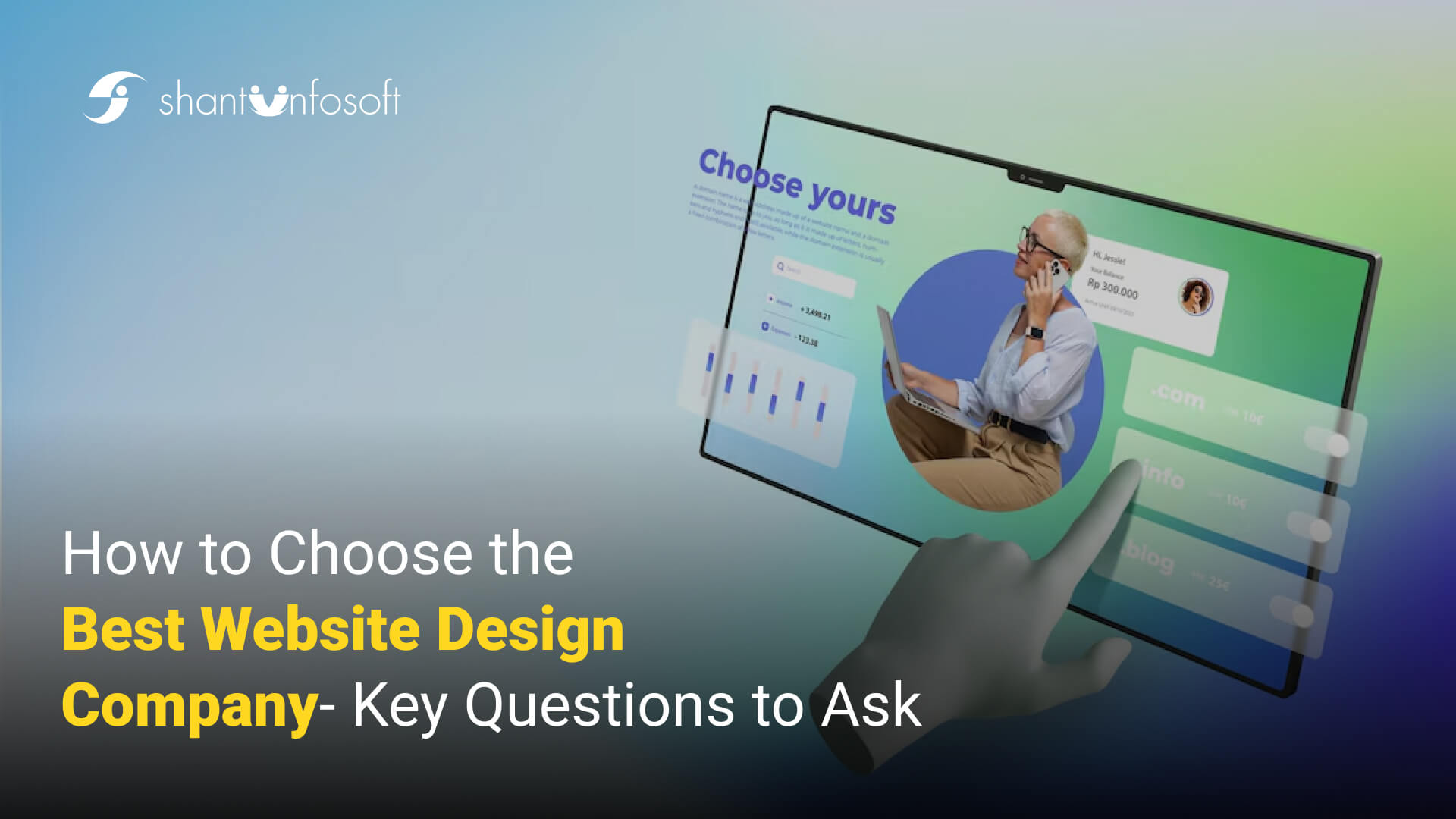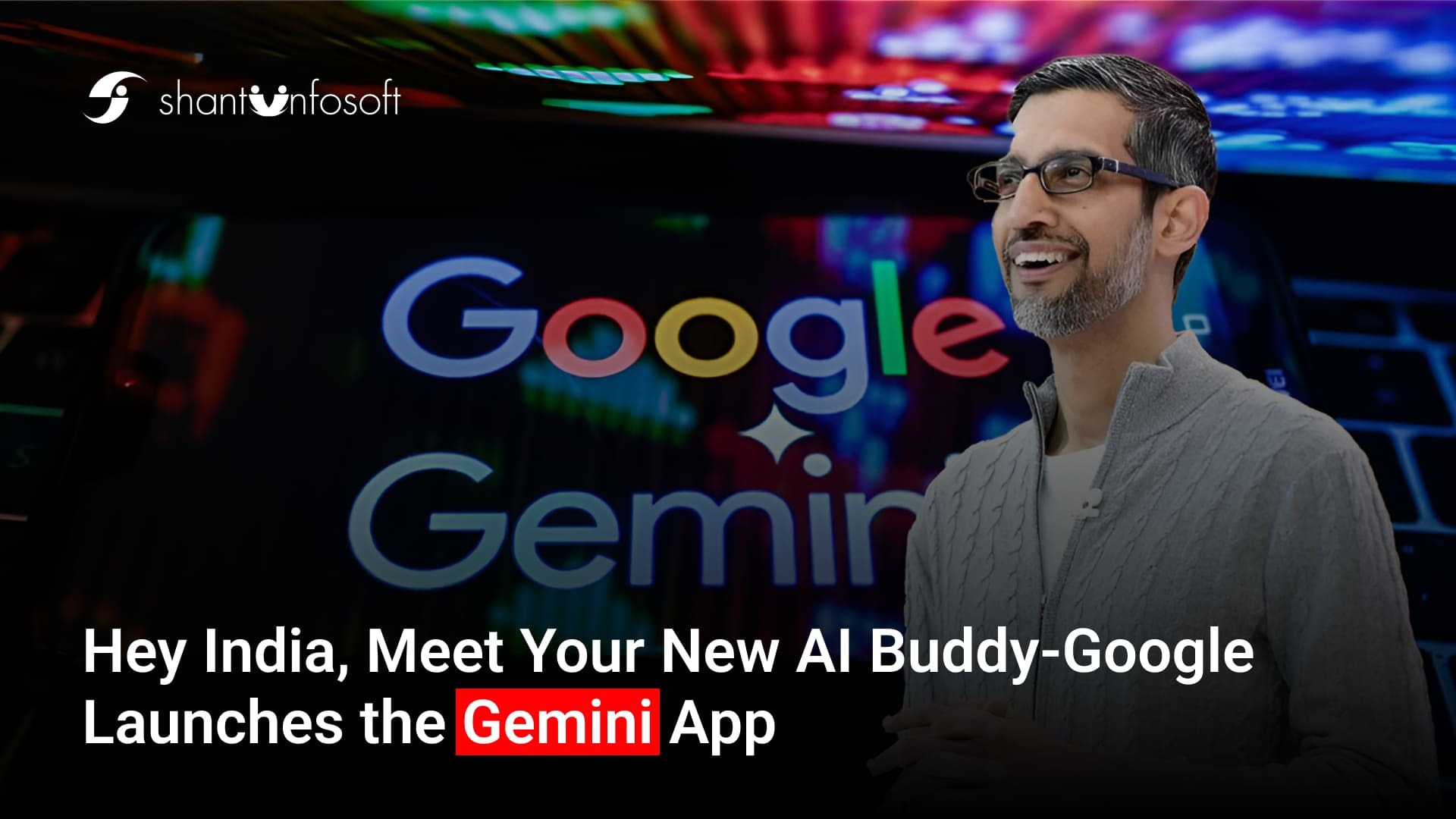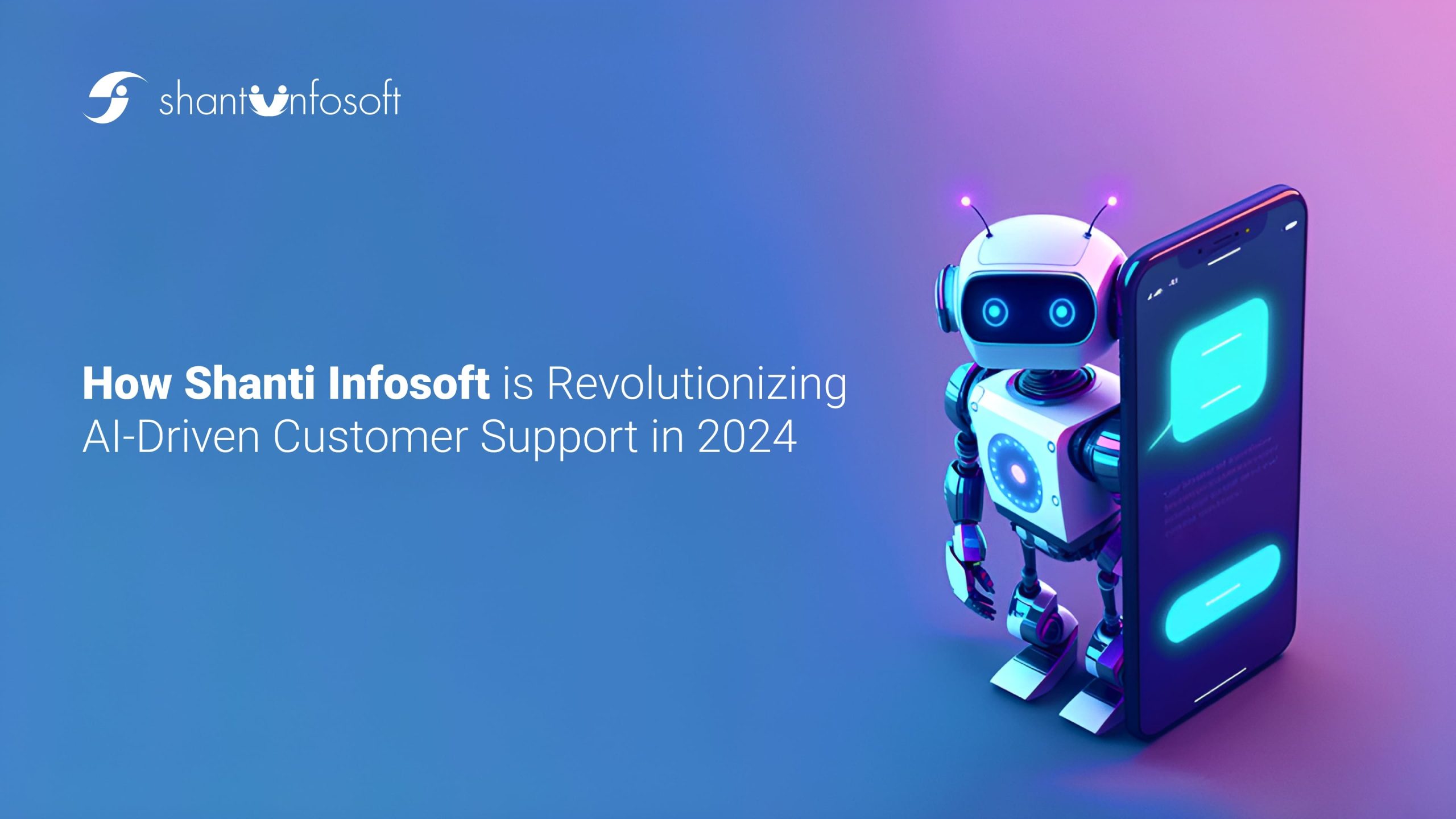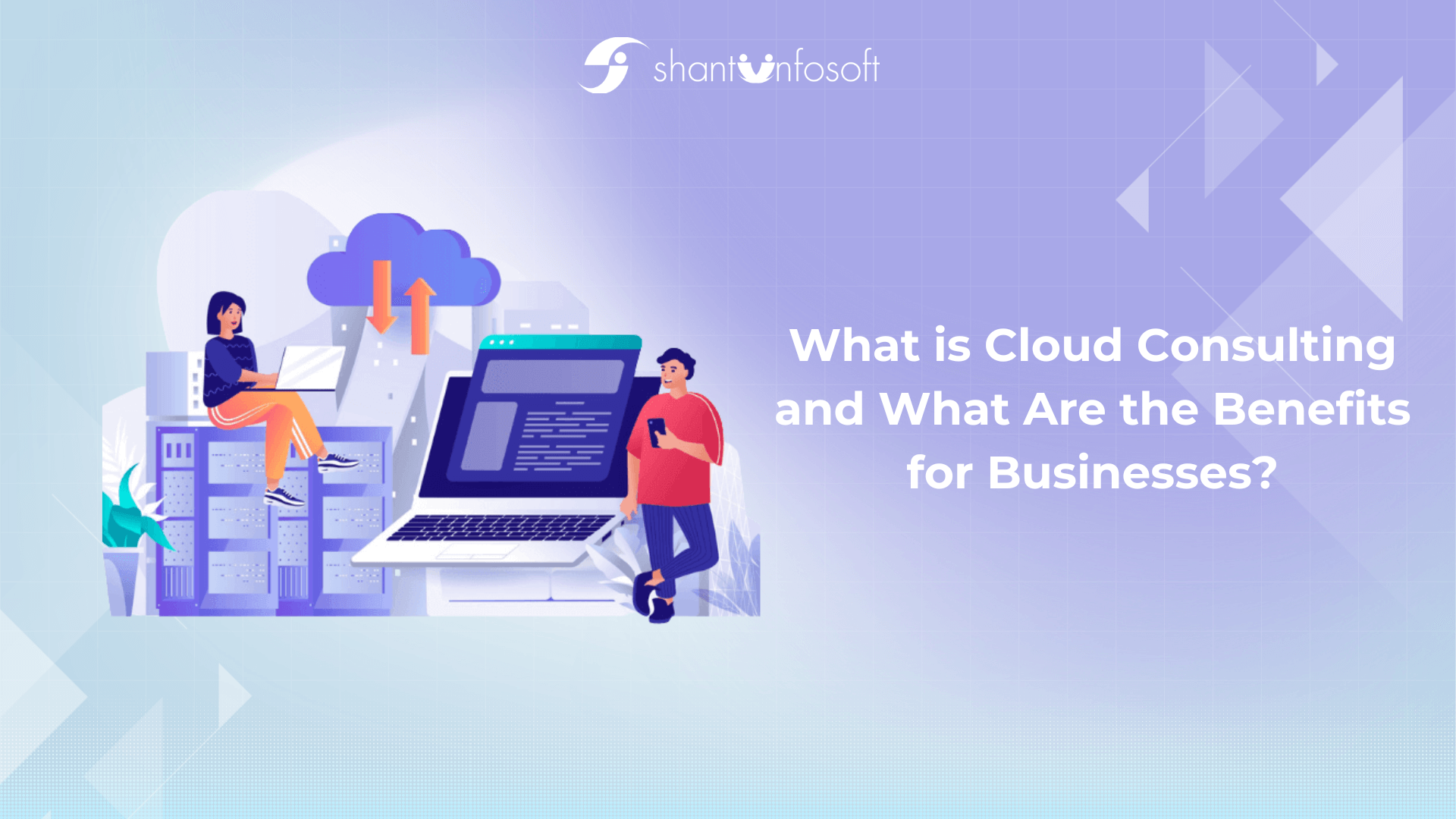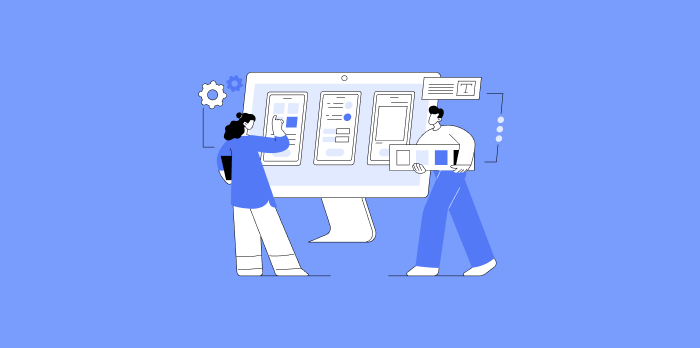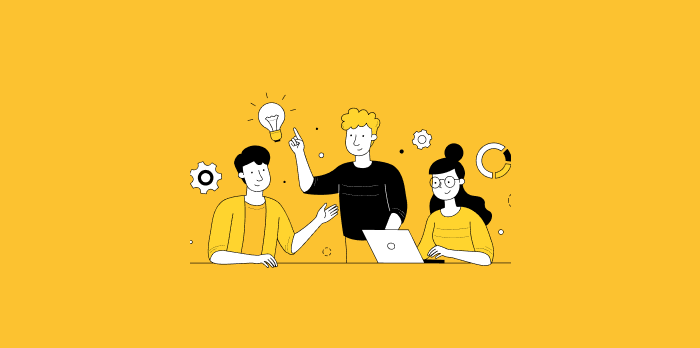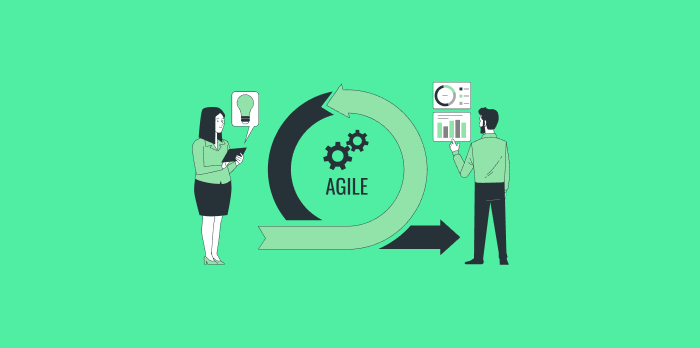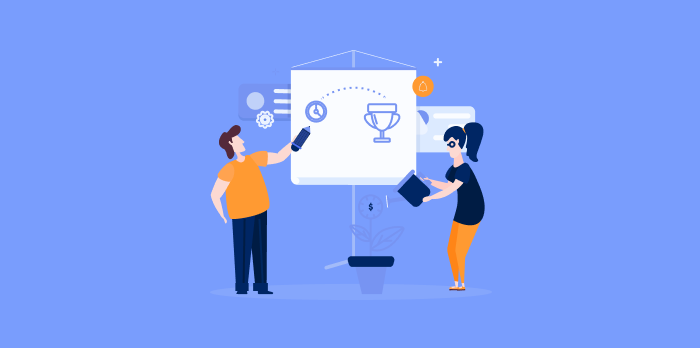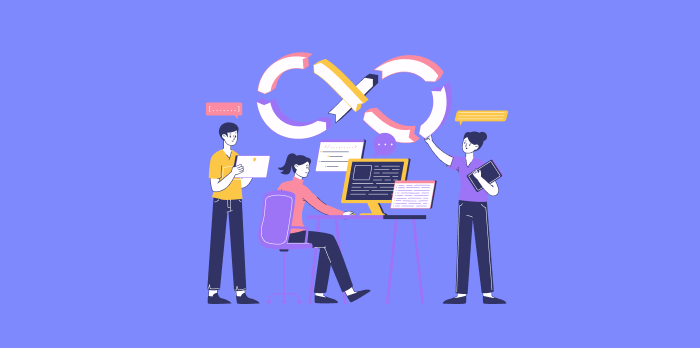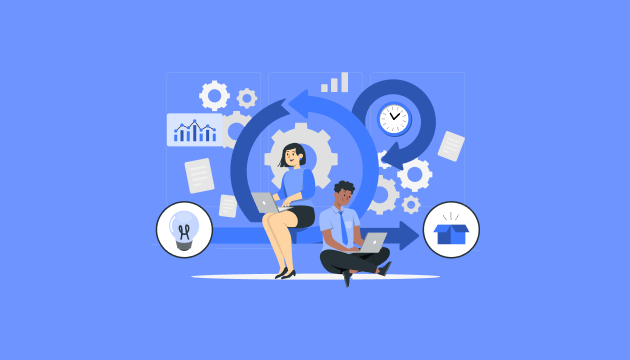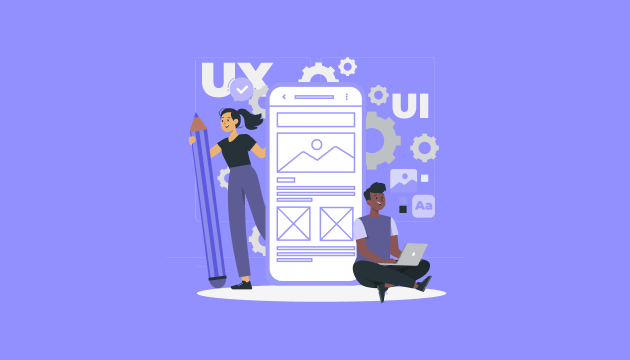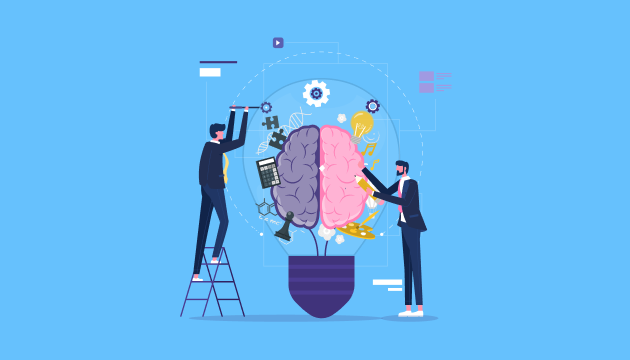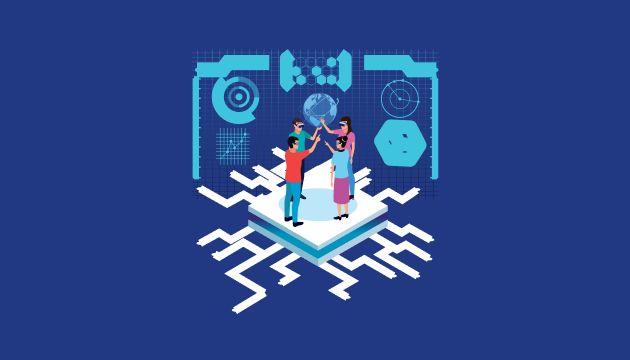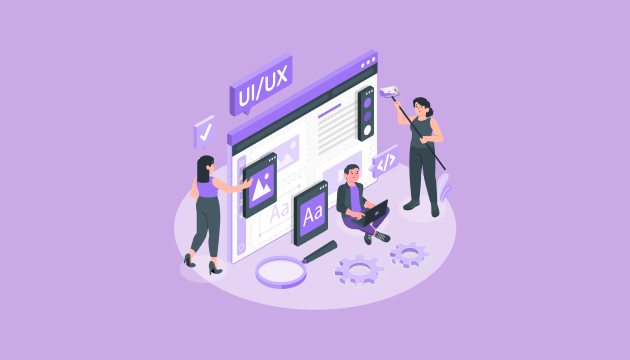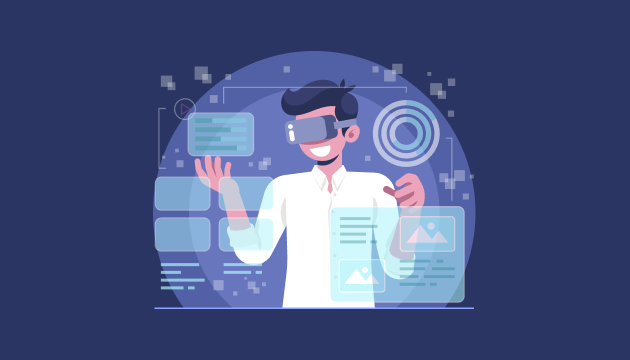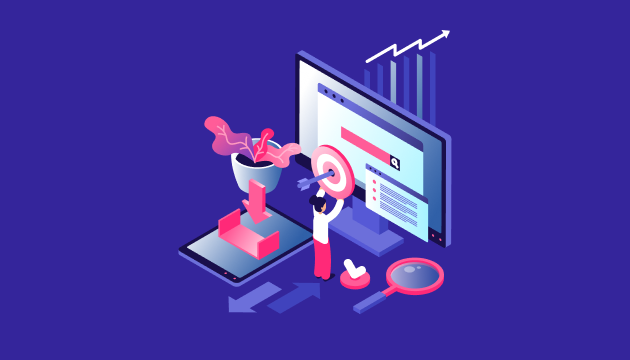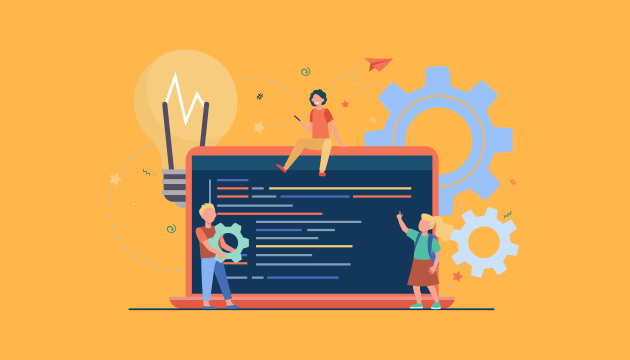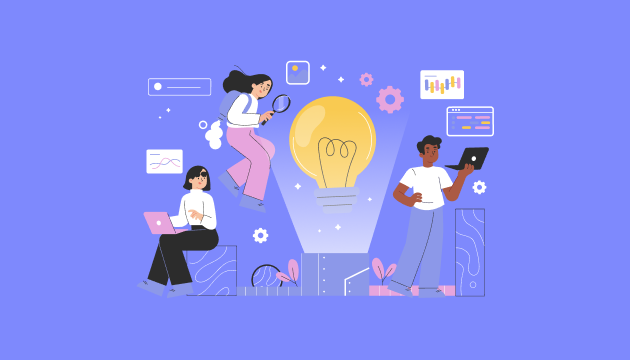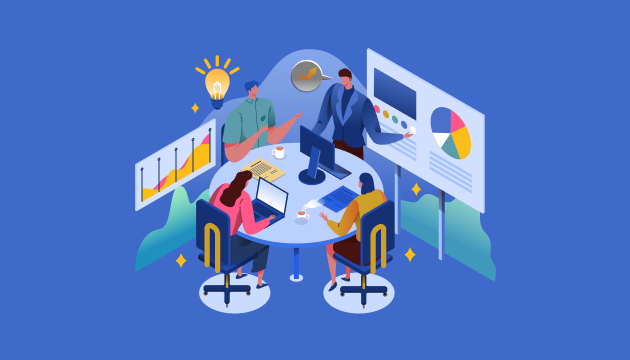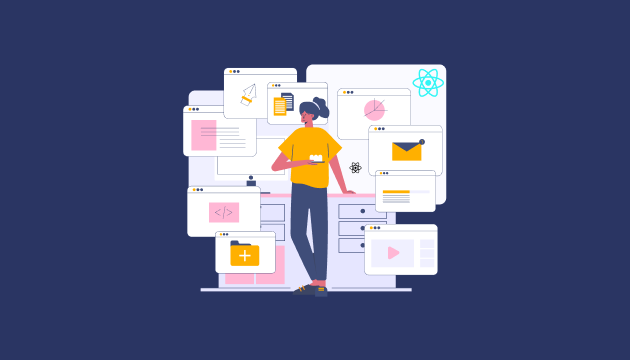AI Recruiting – How Artificial Intelligence is Revolutionizing Talent Sourcing and Hiring
Technology
Problem
Recruitment has always been a critical, yet challenging, function for businesses. The traditional hiring process often involves sifting through countless resumes, conducting multiple rounds of interviews, and trying to match candidates with the right roles based on limited information. This manual process is not only time-consuming and expensive but also prone to human biases and errors. As a result, companies frequently face issues like high turnover rates, poor employee performance, and difficulty in finding the right talent quickly.
In today's fast-paced business environment, where the demand for skilled professionals is higher than ever, relying solely on conventional recruitment methods is no longer sustainable. Companies need a more efficient, accurate, and unbiased way to source and hire talent. This is where Artificial Intelligence (AI) steps in to revolutionize the recruitment landscape.
Agitation
Imagine a scenario where your HR team is overwhelmed with a flood of applications for a single position. Despite their best efforts, they struggle to identify the best candidates swiftly. Critical roles remain vacant for extended periods, affecting productivity and company growth. Additionally, the subjective nature of human judgment introduces unconscious biases, leading to less diverse and potentially less qualified hires.
These challenges not only impact the operational efficiency of the company but also tarnish its reputation among potential candidates. A poor recruitment experience can lead to negative reviews on job portals and social media, deterring top talent from applying in the future. The need for a more reliable and streamlined recruitment process has never been more pressing.

Solution
How AI is Transforming Recruitment
Artificial Intelligence is transforming recruitment by automating routine tasks, enhancing decision-making, and eliminating biases. AI-powered tools and algorithms analyze vast amounts of data to identify the best candidates, predict job performance, and ensure a more inclusive hiring process. Let's delve into how AI is reshaping different stages of recruitment:
1. Talent Sourcing
AI streamlines the talent sourcing process by scanning job boards, social media, and professional networks to identify potential candidates. For instance, Shanti Infosoft's AI-driven recruiting platform leverages natural language processing (NLP) and machine learning algorithms to match job descriptions with candidate profiles accurately. This not only speeds up the initial screening process but also ensures that only the most relevant candidates are considered.
2. Resume Screening
Manual resume screening is a labor-intensive process that often leads to overlooked talent due to human error. AI systems can quickly parse through thousands of resumes, highlighting key skills, experiences, and qualifications that match the job requirements. Shanti Infosoft's AI tools, for example, utilize advanced algorithms to rank candidates based on their compatibility with the job role, saving HR teams countless hours and reducing the chances of missing out on top talent.
3. Candidate Engagement
AI chatbots enhance candidate engagement by providing instant responses to queries, scheduling interviews, and even conducting initial assessments. These chatbots are available 24/7, ensuring that candidates receive timely communication and a positive experience throughout the recruitment process. Shanti Infosoft's AI-powered chatbots can handle a wide range of interactions, from answering basic questions to administering pre-screening tests, making the process more efficient and engaging for candidates.
4. Predictive Analytics
AI's predictive analytics capabilities enable recruiters to make data-driven decisions. By analyzing historical hiring data and performance metrics, AI algorithms can predict which candidates are most likely to succeed in a given role. Shanti Infosoft uses predictive analytics to assess various factors, such as cultural fit, skill proficiency, and career progression, ensuring that the selected candidates are not only qualified but also aligned with the company's long-term goals.
5. Bias Reduction
One of the most significant advantages of AI in recruitment is its ability to reduce unconscious biases. Traditional hiring processes are susceptible to biases based on gender, ethnicity, age, and other factors. AI algorithms, when designed and monitored correctly, can evaluate candidates solely on their skills and qualifications, promoting a more diverse and inclusive workforce. Shanti Infosoft's AI solutions are programmed to identify and mitigate potential biases, fostering a fairer recruitment process.

Case Study: Shanti Infosoft's AI-Powered Recruitment Success
Shanti Infosoft has successfully implemented AI-driven recruitment solutions to enhance its talent acquisition process. By leveraging AI technology, the company has achieved remarkable results:
- Increased Efficiency: Shanti Infosoft reduced the time-to-hire by 40%, allowing them to fill critical positions more quickly and effectively.
- Improved Candidate Quality: The AI algorithms helped identify high-potential candidates who were previously overlooked, resulting in a 30% improvement in employee performance and retention rates.
- Enhanced Diversity: By eliminating biases, Shanti Infosoft increased the diversity of its workforce, with a 25% rise in hires from underrepresented groups.
- Positive Candidate Experience: The AI chatbots ensured continuous candidate engagement, leading to a 50% increase in positive feedback and a higher acceptance rate of job offers.
The Future of AI in Recruitment
As AI technology continues to evolve, its impact on recruitment will only grow stronger. Here are some emerging trends and future possibilities:
1. AI-Powered Interviews
AI is already making inroads into the interview process. Video interview platforms equipped with AI can analyze candidates' facial expressions, tone of voice, and word choices to assess their suitability for the role. These insights, combined with traditional evaluation methods, provide a more holistic view of the candidate.
2. Enhanced Employee Onboarding
AI can streamline the onboarding process by automating administrative tasks, providing personalized training programs, and monitoring new hires' progress. This ensures a smooth transition for new employees and helps them integrate quickly into the company culture.
3. Continuous Skill Assessment
AI can facilitate continuous skill assessment and development by identifying skill gaps and recommending relevant training programs. This not only helps employees stay updated with industry trends but also enhances their career growth within the organization.
4. Workforce Planning
AI can assist in workforce planning by analyzing market trends, predicting future talent needs, and identifying potential skill shortages. This enables companies to proactively address talent gaps and align their recruitment strategies with business goals.
Conclusion
AI is revolutionizing talent sourcing and hiring by making the process more efficient, accurate, and inclusive. Shanti Infosoft's success with AI-driven recruitment solutions highlights the transformative potential of this technology. By embracing AI, companies can overcome traditional recruitment challenges, attract top talent, and build a diverse and high-performing workforce.
As the recruitment landscape continues to evolve, businesses that leverage AI will have a significant competitive advantage. The future of recruitment is here, and it is powered by artificial intelligence. Shanti Infosoft is at the forefront of this revolution, setting new standards in talent acquisition and paving the way for a smarter, more effective hiring process.







 Food & Beverage
Food & Beverage
 Sports
Sports
 News
News
 Manufacturing
Manufacturing
 Insurance
Insurance
 Healthcare
Healthcare
 Real Estate
Real Estate
 E-Commerce
E-Commerce
 Luxury
Luxury
 Fashion & Retail
Fashion & Retail
 Education
Education
 Tourism
Tourism
 Automobile
Automobile
 Media & Entertainment
Media & Entertainment












